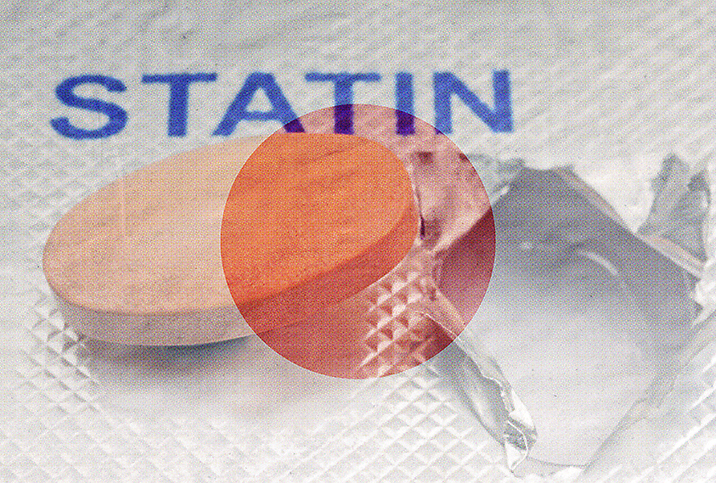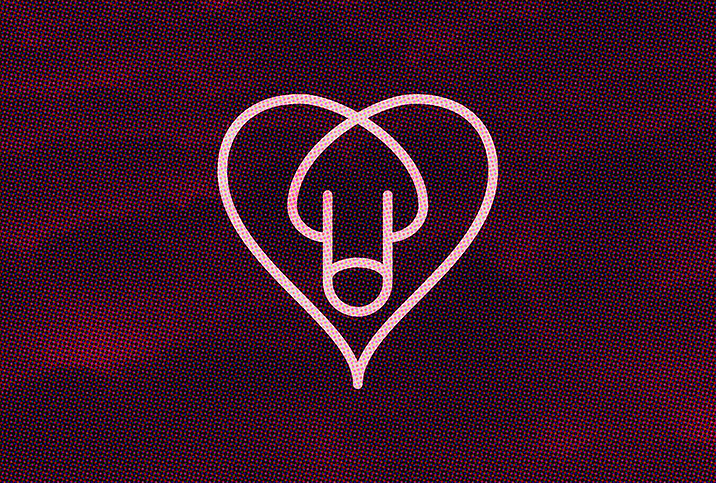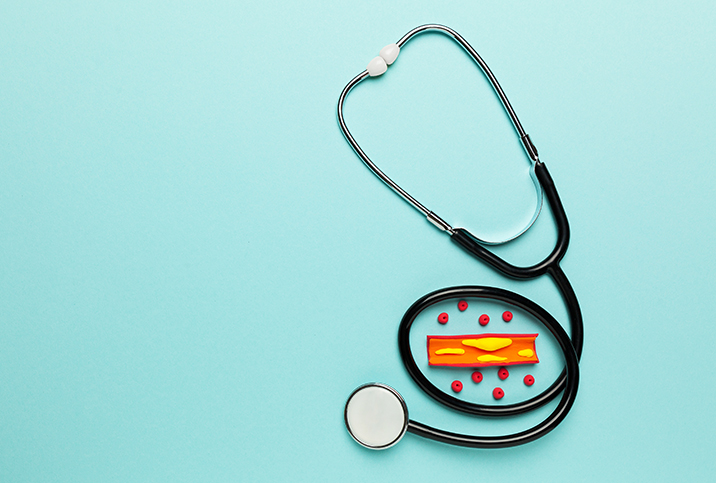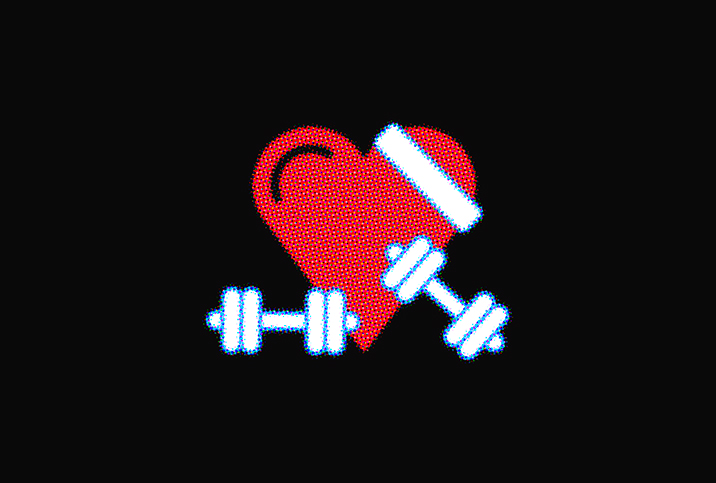Statins and How They Work With ED

Try as we might, some health problems can't be treated without help. High cholesterol, which is often treated with statins, is one such example.
When dietary alterations or lifestyle changes yield few results, doctors may prescribe statin therapy drugs, which have a number of benefits aside from lowering cholesterol levels. These medications have been linked to a lower risk of heart disease and stroke, and can additionally help stabilize plaque buildup on the walls of blood vessels, meaning they can also lower your risk of blood clots.
Given the occasionally complex ways in which parts of the body work together, there are concerns about how statins interact with other medications and health conditions, specifically, erectile dysfunction (ED). After all, the penis is an organ that intrinsically relies on the heart to function, and medications that affect your heart health could have an equal impact on your sexual health.
Let's take a look at the relationship between statins and erectile dysfunction.
How cholesterol levels affect vascular health—and ED
"Vascular disease is the most common cause of death in this country amongst both men and women," said Raghu Tadikamalla, M.D., a board-certified cardiologist who specializes in internal medicine, cardiovascular disease, echocardiography and nuclear cardiology with the Allegheny Health Network in Pittsburgh. "One of the key risk factors for developing a vascular disease—so heart attacks, strokes and erectile dysfunction as well—is cholesterol levels."
Statins work by reducing the amount of cholesterol made by the liver and helping the liver to flush out low-density lipoprotein (LDL) cholesterol, or "bad cholesterol," from the blood.
In simple terms, cholesterol is a waxy substance made in the liver and found in all of the body's cells and blood. It is a necessary component of a person's health, responsible for making cell walls, tissues, hormones, bile acid and vitamin D. But as with anything in life, too much of a good thing can be a bad thing. High cholesterol levels can lead to a litany of health problems, including erectile dysfunction.
"Statins are a widely available, inexpensive, well-known, well-tolerated, extremely safe class of medications that is the mainstay of therapy for the prevention and treatment of vascular disease," Tadikamalla said. "We've had statins for over 40 years, and they've been shown, in hundreds of studies involving thousands and thousands of patients, to significantly decrease the risk of heart attack and stroke."
The relationship is pretty straightforward: Lower cholesterol levels lower your risk of vascular disease. However, statins are not usually the first line of defense, meaning they're usually reserved for patients whose cholesterol levels aren't dropping after the implementation of healthy lifestyle choices or patients who have been diagnosed with cardiovascular disease.
It just so happens that one of the early warning signs of vascular disease, in men at least, is erectile dysfunction.
"Because the blood vessels inside the penis are some of the thinnest in diameter in the body, if you have a young guy with erectile dysfunction, it could be an indication that they'll develop cardiovascular disease down the line," said Ramy Abou Ghayda, M.D., M.P.H., a urologist with University Hospitals Cleveland. "ED by itself can be a window for cardiovascular health just because, again, all of these risk factors, they share the same pathogenesis."
How do statins impact ED?
There are many misconceptions surrounding both statins and erectile dysfunction, but the most common is that statins can actually cause ED. However, anyone starting to take statins and experiencing erectile dysfunction is likely a victim of coincidence. It's more likely their ED is being caused by the high cholesterol that required statins for treatment in the first place.
"We have some reports claiming that more than 50 percent of men with obesity, or men who are overweight, will experience some degree of erectile dysfunction and sexual dysfunction," Ghayda explained. "ED at a cellular and molecular level can be due to damages in the vessels or the nerve. And the risk is this comes because of the accumulation of these cholesterol molecule platelets' inflammatory reaction that would lead to stiffness and/or blockage of these very tiny vessels that bring blood in order to have an erection."
In a sense, the argument could be made that if a person's ED is being caused by high cholesterol levels, then statins, in theory, would improve that person's erectile dysfunction by lowering their cholesterol levels.
"There is some data that treatment with statins improves symptoms of ED," Tadikamalla acknowledged. "There's a small number of studies that have shown this, and then another study conglomerated all of those studies, showing that the benefits of statins are equal to almost half that of medicines specifically designed for erectile dysfunction."
These erectile improvements were more prominent among men whose ED was primarily caused by cholesterol, so don't expect, for example, depression-induced erectile dysfunction to subside if you start taking statins.
It's vital for men experiencing ED to speak with their healthcare provider and discuss treatment options. Erectile dysfunction is an issue that can have numerous causes and may represent a precursor to serious cardiovascular problems. Detecting these problems early on can help patients avoid the worst-case scenarios.
One of the newest treatment options is Eddie®, an FDA-registered Class II medical device designed to treat erectile dysfunction and improve male sexual performance. Its shape, contoured to fit the penis, leaves the arteries unencumbered so blood can flow in but impinges the veins so blood can't flow out. Eddie helps men stay erect. You don't need to wait for a pill to kick in, use an awkward pump or subject yourself to painful injections. In 2021 clinical trials, 93 percent of men who used Eddie reported an increase in confidence in their sexual performance.


















